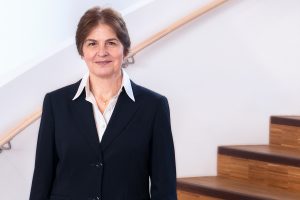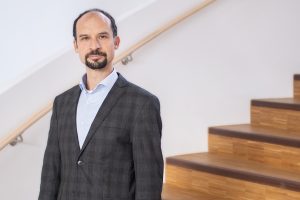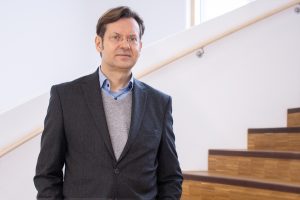Japan Project
Longevity through the balance of preserving tradition and daring to try something new
The Japan project continues WIFU’s idea of pushing a comparative cultural perspective on business families. After dealing with countries such as India and China, it was only logical to look more intensively at the background to the longevity of family businesses in Japan. Japan is the country with the most long-lived family businesses in the world and also the country with the most family businesses older than one hundred, two hundred or even three hundred years. 21 family businesses can look back on a history of more than a thousand years.
WIFU set up a research group on this in summer 2018: Dr Sigrun C. Caspary, Prof. Dr. Tom A. Rüsen, PD Dr. Tobias Köllner, Prof. Dr. Heiko Kleve and Prof. Dr. Rudolf Wimmer wanted to investigate the phenomena of the longevity of business families from a variety of perspectives. Dr Caspary, an experienced Japanologist, was recruited to lead the project and shed light on the historical background and cultural phenomena. A first learning trip took place in April 2019, during which the WIFU research team visited long-lived family businesses in the Tōkyō, Nagoya, Kyōto and Nara area, among others. Among them were members of the Les Hénokiens organisation, which has over 50 family businesses worldwide that are more than 200 years old.
The findings from the research were condensed through intensive research and further interviews and compiled in a book entitled “Success Patterns of Long-Lived Family Businesses in Japan”. It identifies the Japanese system of the family as an important building block of longevity, coupled with a balance of appreciation of cultural roots while being curious about what is to come, while also embracing the local environment.
In the context of the Japan project, research collaborations on family business issues were established with Kansai University (Ōsaka), Japan Economic University (Tōkyō) and Reitaku University (Kashiwa).
A longer research trip by Dr Caspary to Japan in autumn 2022 has provided further insights that confirm the knowledge gained, but also open up new perspectives. Existing research collaborations were consolidated and expanded.
In future, the perspective of practice is to be increasingly included in further research trips.





Contact
Do you have any questions or suggestions about this research project?





